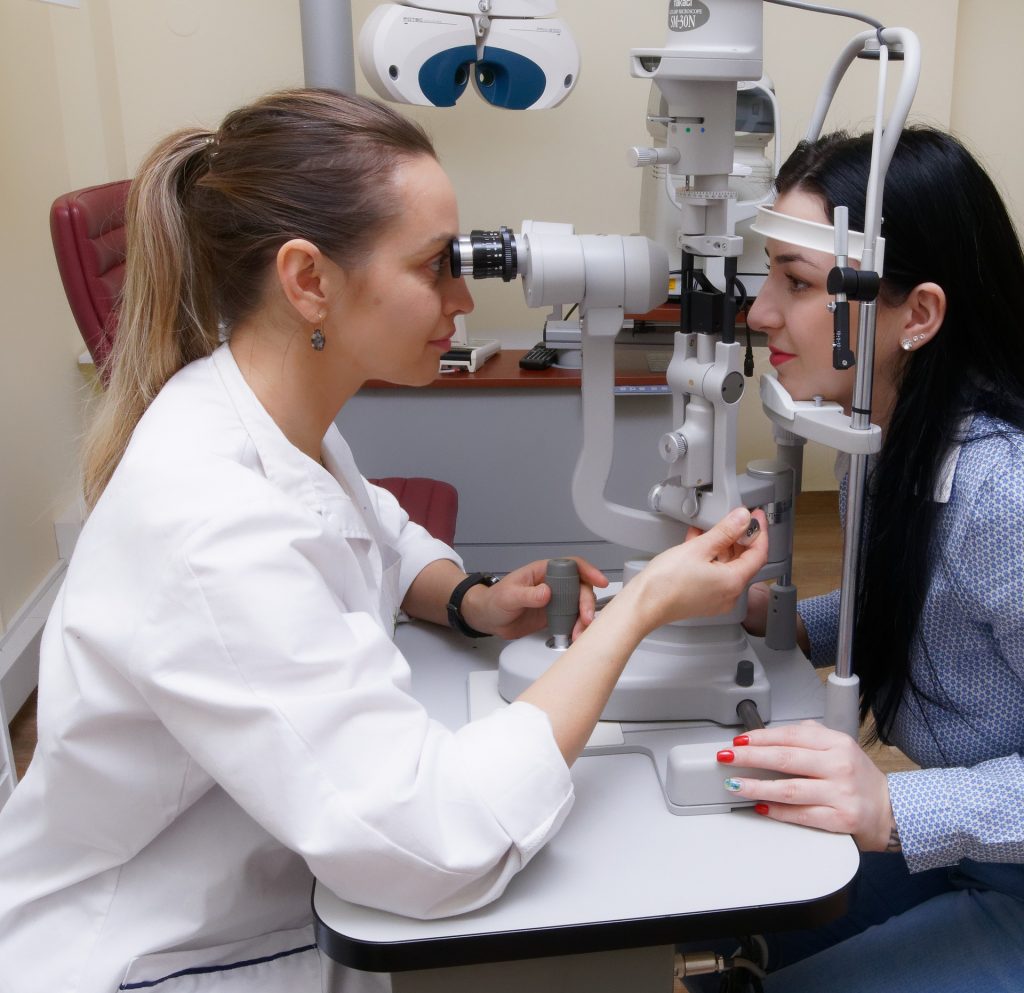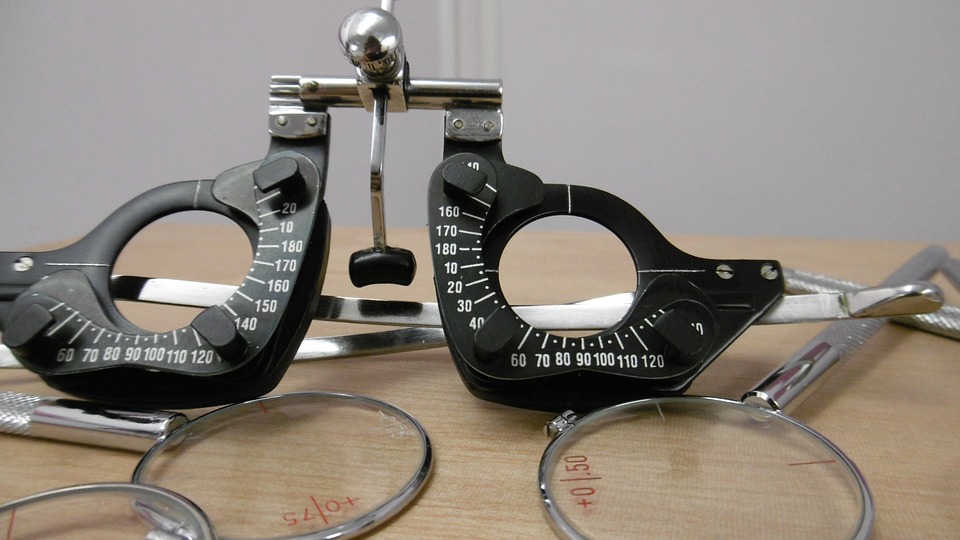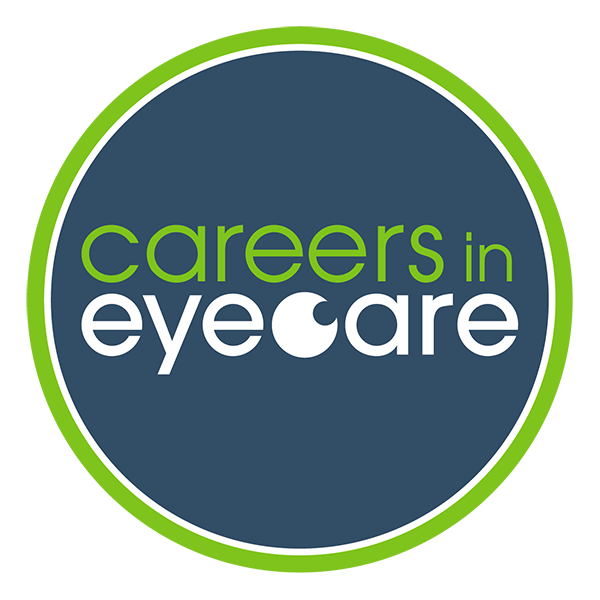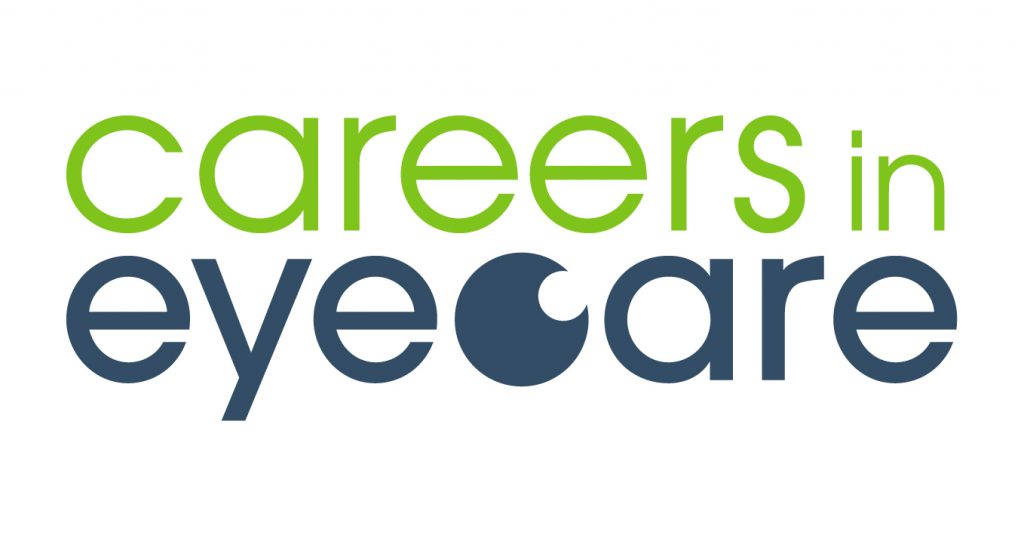See how to become an optometrist with our career guide
What is an Optometrist?
An optometrist is a primary health care specialist trained to examine the eyes to detect defects in vision, signs of injury, ocular diseases or abnormality and problems with general health and to treat some eye conditions. Optometrists work in primary care, in high street practices, or in secondary care in hospitals.
What does an Optometrist do?
Previously known as ophthalmic opticians, optometrists are trained to examine the eyes to detect defects in vision, signs of injury, ocular diseases or abnormality and problems with general health, such as high blood pressure or diabetes.
They make a health assessment, offer clinical advice, prescribe spectacles or contact lenses, treat certain eye conditions, and refer patients for further treatment, when necessary. Independent Prescribing (IP) qualified optometrists can prescribe medicines to treat certain eye conditions.
Optometrists can work in hospitals, in the community, or offer home visits.

What do you get from this role?
An optometrist is a respected healthcare professional who works as part of multidisciplinary healthcare teams of various sizes, either in community practices, or in hospitals.
Being an optometrist gives you the chance to help people and make a difference to their lives, by enabling them to see optimally and to detect and treat eye health and vision problems.
If you want to progress your career, you can take further training in subjects including contact lenses, glaucoma, medical retina, low vision or eye care for children. The job can offer a range of flexible working patterns.
What do you need to apply?
An optometrist is a respected healthcare professional who works as part of multidisciplinary healthcare teams of various sizes, either in community practices, or in hospitals. Being an optometrist gives you the chance to help people and make a difference to their lives, by enabling them to see optimally and to detect and treat eye health and vision problems. If you want to progress your career, you can take further training in subjects including contact lenses, glaucoma, medical retina, low vision or eye care for children. The job can offer a range of flexible working patterns.

What skills do you need?
You will have an interest in science and research and applying the latest evidence to improving the quality of people’s lives.
You will need to be happy to talk to people and offer advice on eye health, understanding their concerns during the eye examination.
You will need to be interested in dealing with technical data when advising on the best lenses or contact lenses for each individual.
You will need to be able to explain your findings from the eye examination to other colleagues in practice.
You will be both people and quality focused.
What does your working day look like?
Working as part of a small or medium sized team, either in community practice or hospital, as an optometrist you will spend a large part of the day talking to people in the exam room, assessing their vision and eye health and advising on how to look after their eyes.
In hospital settings, you will help deliver specialist clinics, for glaucoma patients for example or children.
In practice, you will liaise with the dispensing optician who will help the person choose frames and lenses.
Find out more and read about a day in the life of a trainee optometrist here.
How may a training programme work?
You study for a degree over three or four years, then you need to complete a further year working under supervision, undertaking assessments and a practical exam, to become an optometrist.







